Can You Really Sell Your Home For Just $2K In Singapore? Here’s When A Fixed-Fee Property Agent May Work

A seasoned content strategist with over 17 years in the real estate and financial journalism sectors, Ryan has built a reputation for transforming complex industry jargon into accessible knowledge. With a track record of writing and editing for leading financial platforms and publications, Ryan's expertise has been recognised across various media outlets. His role as a former content editor for 99.co and a co-host for CNA 938's Open House programme underscores his commitment to providing valuable insights into the property market.
In recent years, you may have noticed the emergence of a new fee structure among property agents. Rather than charging a typical percentage of the sale price, these agents tend to have a fixed amount (e.g., $5,000 regardless of what your home sells for). This is quite the deal sometimes, as it’s a huge savings for sellers. But there isn’t really a one-size-fits-all approach to different properties, and sellers in different situations. Rather, you might consider those hefty savings if you fall into one of these situations:
1. Properties that “sell themselves”
Some properties are in such high demand, that there’s no need for a lot of marketing. Examples are the resale flats in Bidadari that just reached their MOP, or where you can see high transaction numbers even with a casual search.
(As an aside, even developers have been known to pay lower commissions for properties that “sell themselves”, such as some new launch Executive Condominiums).
Because these types of properties don’t require a high marketing spend, the advantages of a regular agent might be diminished. There’s no need for skilled video-making or strategically refreshing listings, when the property is going to attract a horde of prospective buyers anyway. All you need is a bit of guidance on the process and viewings from the fixed-fee agent.
For resale flats though, one might ask if you need any agent at all, when you have a hot property that can be sold via the HDB resale portal. For example, this $1.518 million flat at Pinnacle at Duxton was sold by the owners, without the help of agents. If demand for your flat is high enough, maybe all you need is the HDB resale portal.
2. You’re not interested in “that little bit more” in terms of price
This varies significantly between sellers, but there are some for whom an extra $10,000 or $50,000 is irrelevant; they just want to get the selling over and done with, so they can quickly move to purchase their next home. This is especially true if they have their sights on a new launch, as buying later in the sales phases might cost more than whatever little extra they make. E.g., there’s no point waiting and selling your flat for $50,000 more, if your desired condo unit goes up by $100,000 in the same time.
One of the advantages of a regular agent is that, depending on how their commissions are structured, they can be incentivised to help you push for a better price. For example, some commissions are structured such that, if an agent can get a certain amount, they get an added percentage (e.g., if they can sell your flat for $700,000 or more, they get an extra one per cent).
If you’re not interested in chasing a bit of extra gain though you could be better off with the fixed-fee agent, who also just wants to quickly close the deal and move on.
The inverse, however, is also true: if you’re trying to get the most possible value out of a sale (e.g., you’re selling your second property and there’s no intended replacement), then it may be worth going with a regular agent; and giving them time to work their sales skills.
3. You want more interaction with the prospective buyers
This is partly a trust issue. If you’ve had bad experiences in the past, you may want to hear things from the proverbial horse’s mouth. Some sellers suspect property agents don’t reveal the “real” offers; whether to manage their expectations in a certain way, to push for a higher price than the seller already said they’d accept, etc.
When it comes to fixed-fee agents though, most sellers are left to handle the viewings with prospects, albeit with guidance* from the agents. The role of most fixed-fee agents is only to schedule the appointments. This means the sellers interact with the prospective buyers directly, and nothing gets obscured.
Some sellers are also confident they can negotiate as well as – if not better – than a realtor in face-to-face scenarios, they just need a briefing and prepared materials. This is sometimes true for sellers who are already in sales, or have background knowledge of real estate. In one recent example of this, the seller wanted to handle the viewing because he was the architect who handled all the renovations, and felt he could explain them better than any third party.
The reverse is also true though: sellers who loathe negotiating may want a full-commission agent instead, to handle everything.
*The level of guidance varies significantly between agents, and some realtors prepare you better than others.
4. The property you’re selling has a high recent transaction volume
If you’re selling a unit in a mega-development, where dozens of transactions have occurred the quarter, there’s frankly less flexibility in pricing anyway. No one wants to be the buyer to pay the highest, and your asking price is justified by the visible transactions.
This might convince you to question your trust in a regular agent. How likely are they to beat the last highest transaction? Since the bottom and top prices are so clearly established, you might be better off paying a fixed-fee, as your price is pretty much set by the previous sellers anyway.
The inverse may be true if you’re selling in a boutique development with very few units, or a landed home. Since there’s no established transaction history, it may come down to sheer bargaining power and skilled marketing (e.g., fancy video tours and reviews). This is especially true if you’ve been unlucky, and the previous transaction – the only one in a long while – anchors the price too low.
Without questioning any specific fixed-fee agent, we’ll point out that they get paid the same regardless of how much your unique home fetches. So there is a disincentive to putting in the greater amount of time and effort which such niche properties demand.
5. Most of the interested buyers are serious or experienced investors
This tends to happen with certain types of properties, like one-bedders in the Core Central Region (CCR) that tend to draw landlords. It’s also true for niche properties like walk-up apartments, which tend to attract buyers who have thoroughly researched the property segment.
With family buyers, there are a lot of “soft” factors that give the price some wiggle room: the beauty of the sunset from a condo facing, a dog-run that their pet will love, nostalgia about being near a mall they hung out in as students, etc. Traditional agents are good at highlighting these details, and evoking a personal affection for the property.
Investors, however, are a whole different demographic. Most of them care about the numbers, and they’re focused on objective details like projected Cash On Cash returns, transaction history, projected gains, etc. That’s not to say they don’t care about little details like the view or your renovations;; but they’re a lot less persuaded by them.
For niche property buyers, such as those who like walk-up apartments, tend to come in with a very clear idea of what they want, and what they’ll pay. It’s very tough to sway them: if they don’t like your price or property, their mind is mostly made up.
In these instances, a fixed-fee agent may be a good way to save money; there just isn’t much in the way of negotiation.
For sellers in other situations though, such as if you’re selling a unique detached home, an older layout that needs persuading, or have time to seek the highest offer, traditional agents can be worth far more than the commissions they charge. This is also true for sellers who are short on time, and can’t handle so much of the paperwork or viewings on their own.
For more on the Singapore property market, and details of new and resale projects, follow us on Stacked. If you’d like to get in touch for a more in-depth consultation, you can do so here.
Ryan J
A seasoned content strategist with over 17 years in the real estate and financial journalism sectors, Ryan has built a reputation for transforming complex industry jargon into accessible knowledge. With a track record of writing and editing for leading financial platforms and publications, Ryan's expertise has been recognised across various media outlets. His role as a former content editor for 99.co and a co-host for CNA 938's Open House programme underscores his commitment to providing valuable insights into the property market.Read next from Property Advice

Property Advice The Ultimate Work From Home Homebuyer Checklist (That Most People Still Overlook)

Property Advice When ‘Bad’ Property Traits Can Be A Bargain For Homebuyers In Singapore
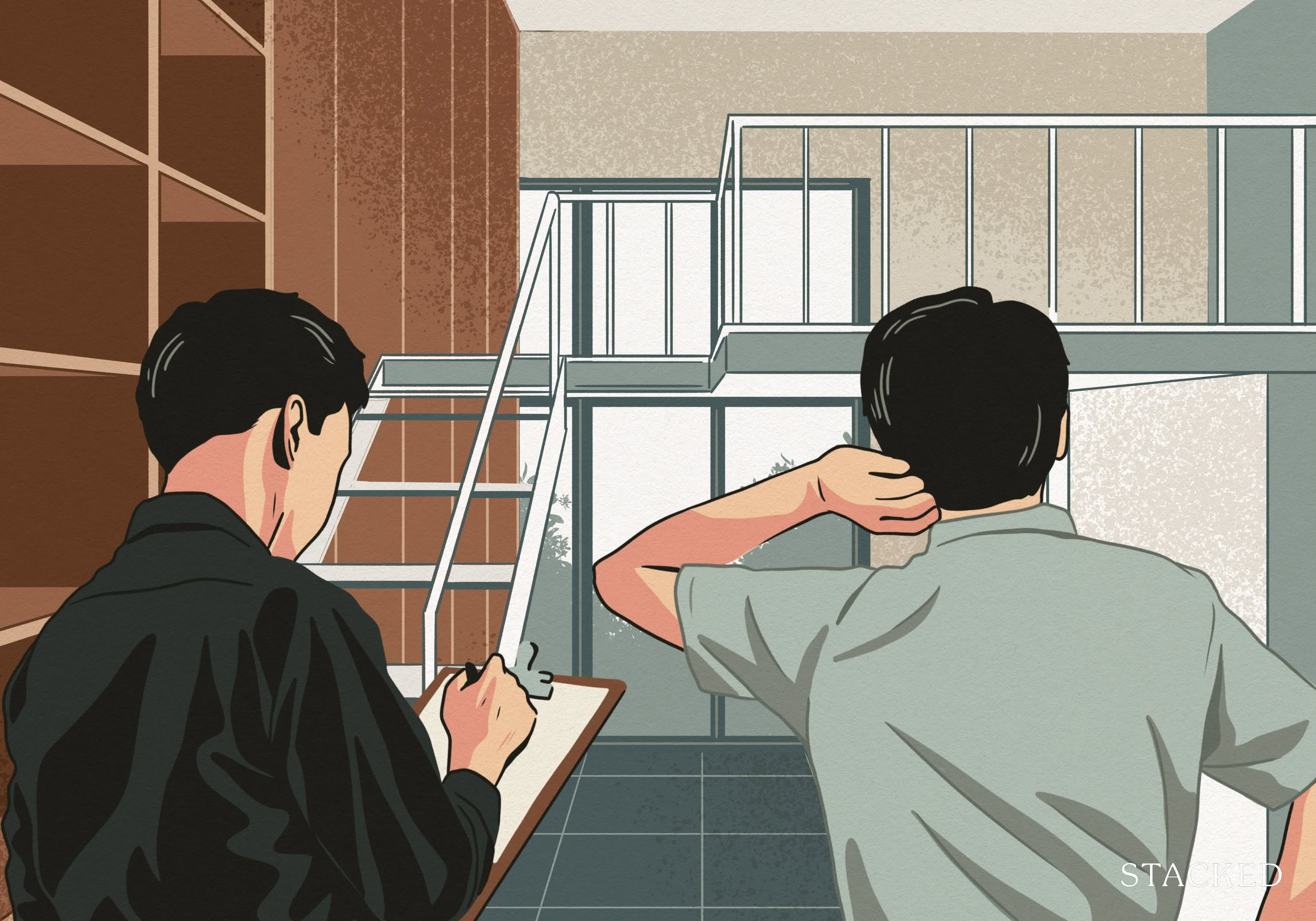
Property Advice The Hidden Risks Of Buying A Landed Home In Singapore: 6 Renovations That Could Be Illegal
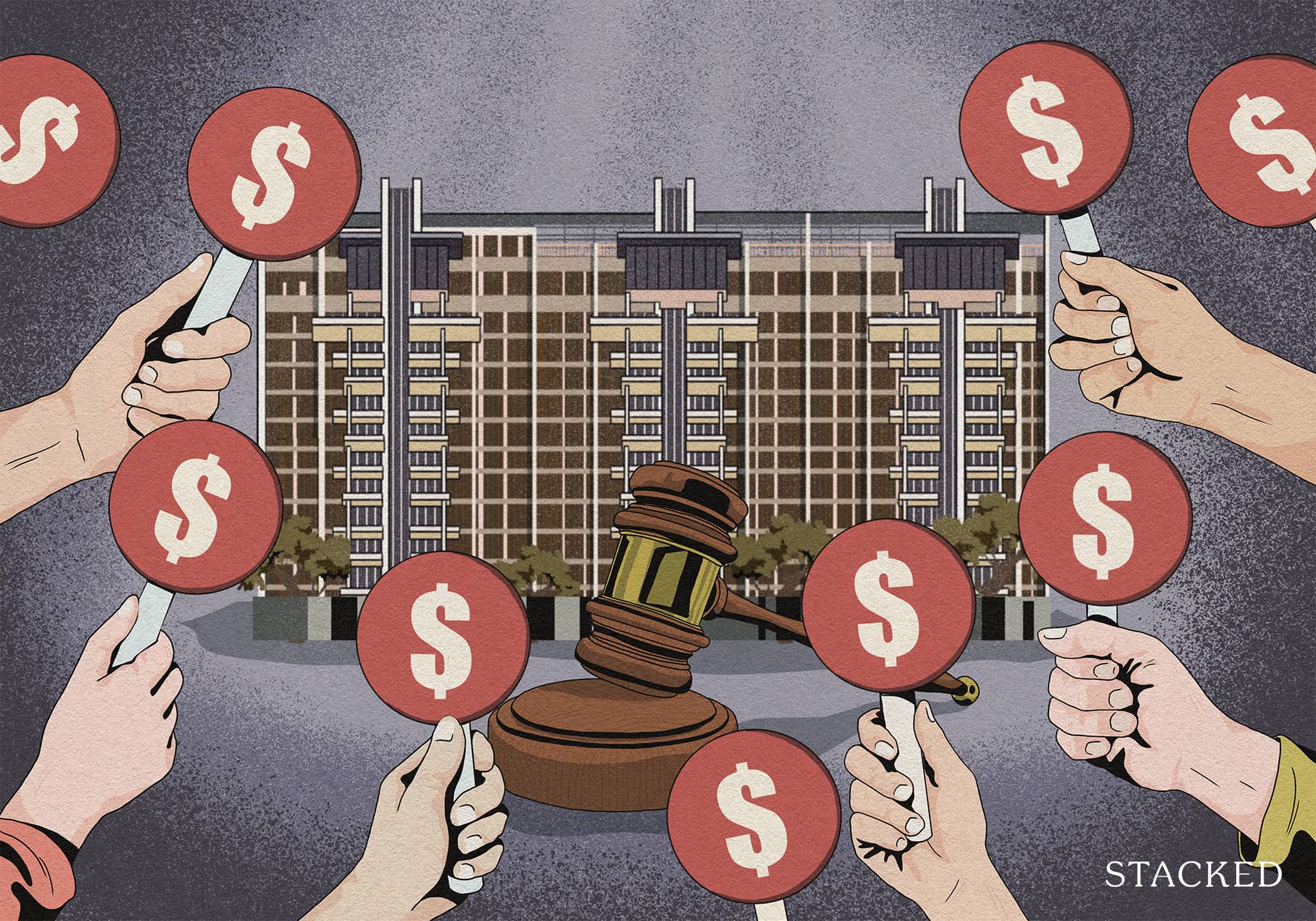
Property Advice Why Being The First Seller In A Condo Can Be Risky (And How To Make It Work)
Latest Posts
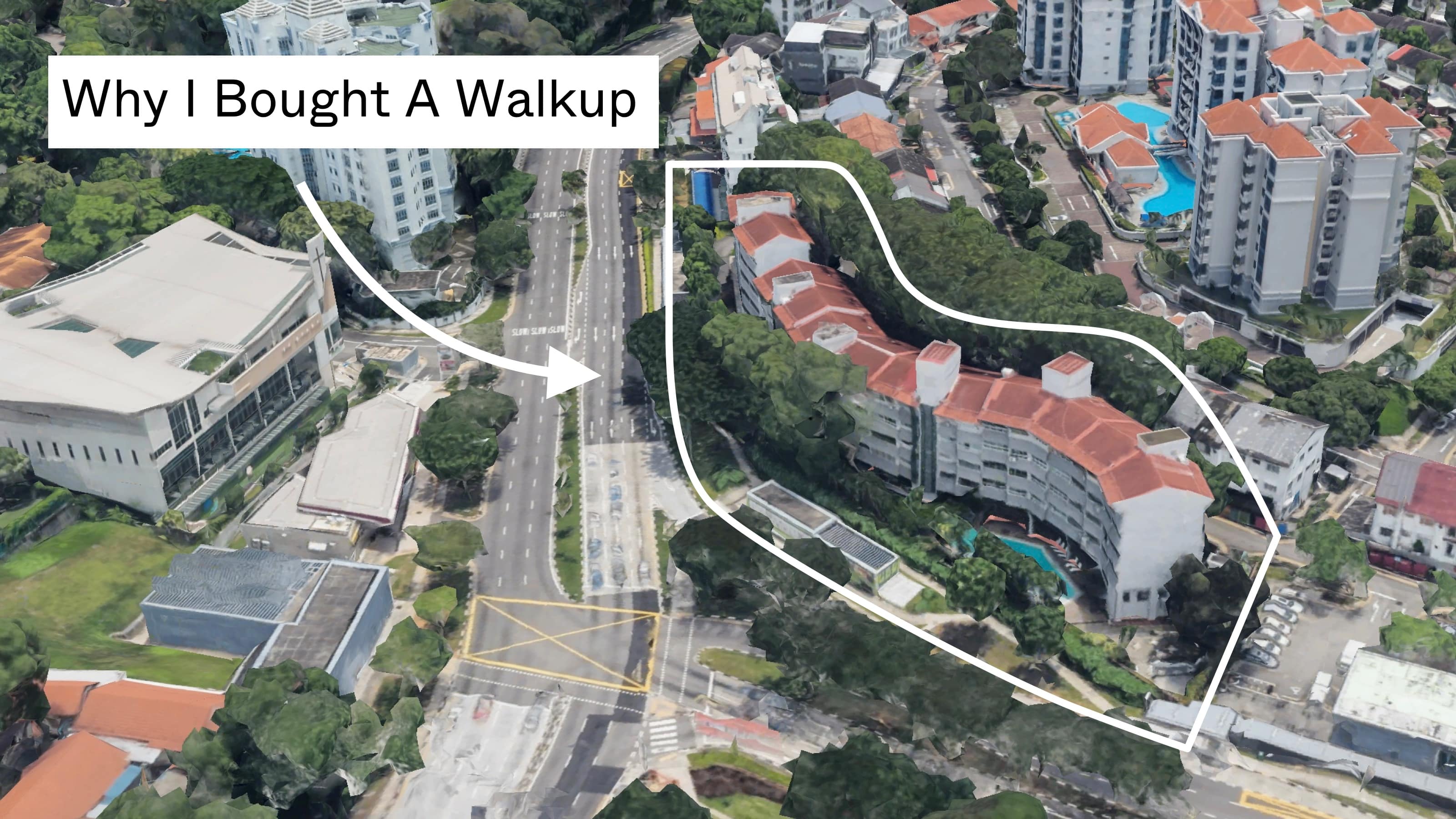
Homeowner Stories Why We Chose A Walk-Up Apartment (Yes, With No Lift) For Our First Home
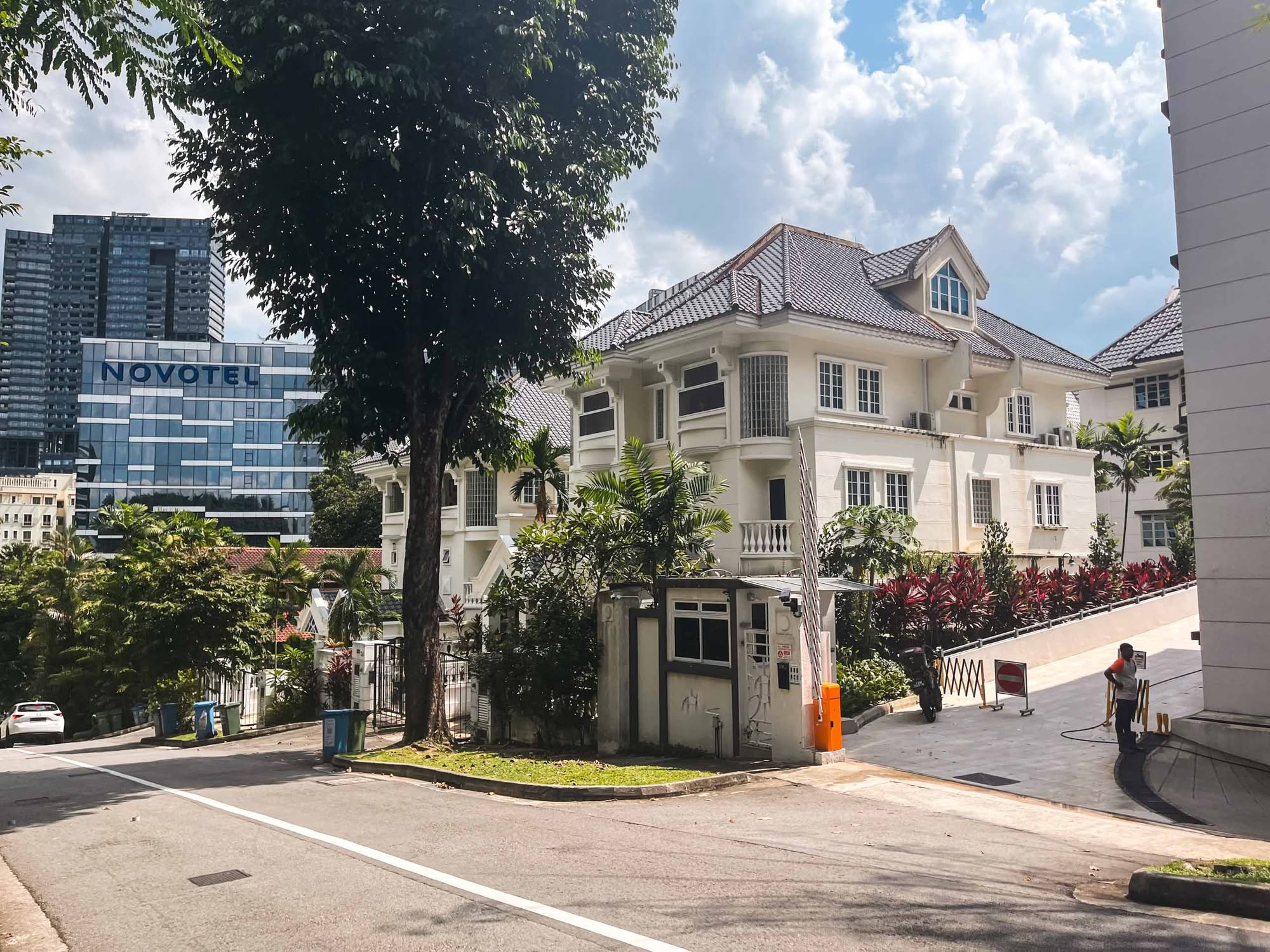
Landed Home Tours Inside Balmoral Park: Rare Freehold Landed Homes With 1.6 Plot Ratio In District 10
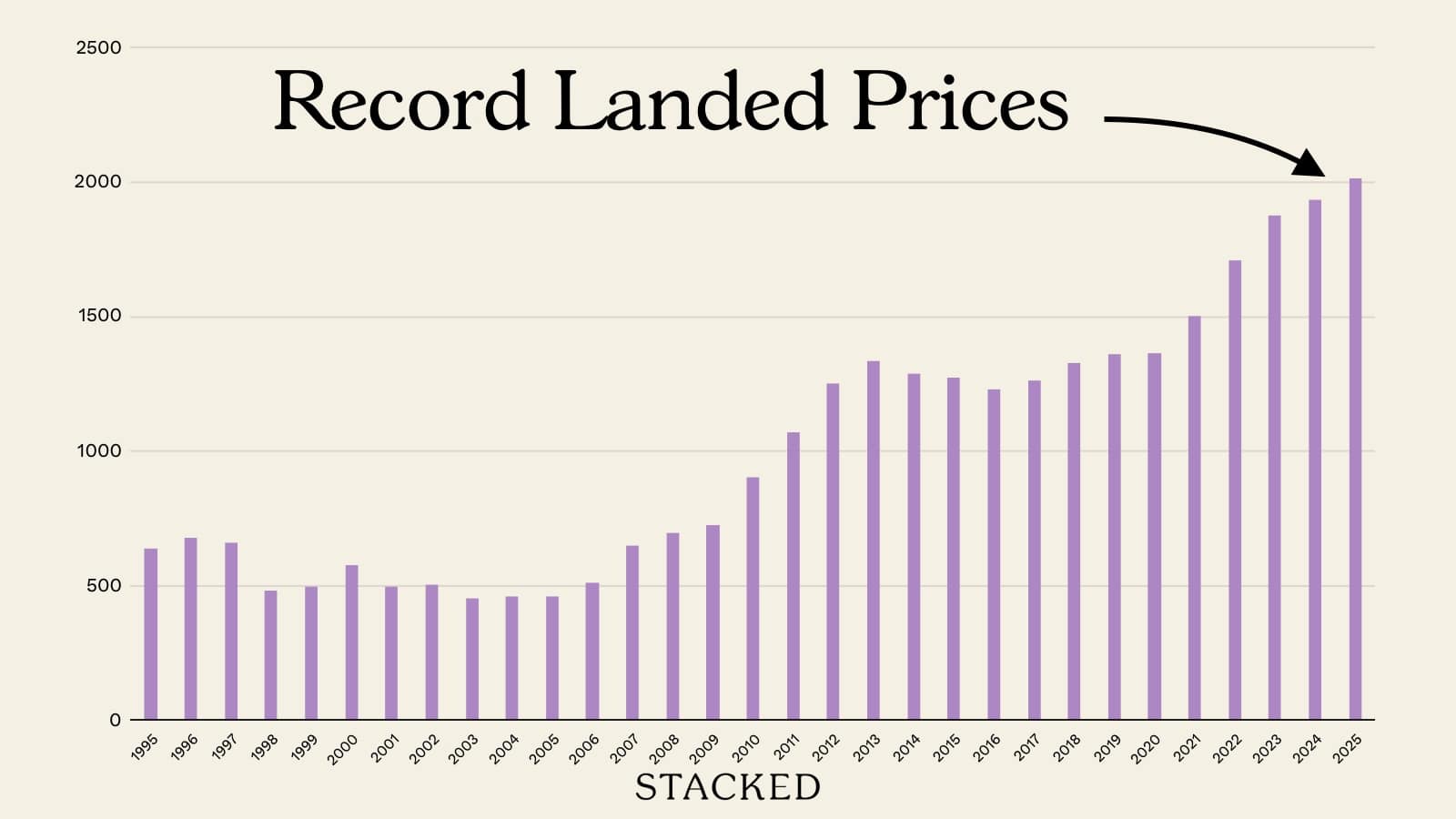
Singapore Property News New Record For Landed Home Prices In Singapore: It’s Like An A+ in The Least Important Exam
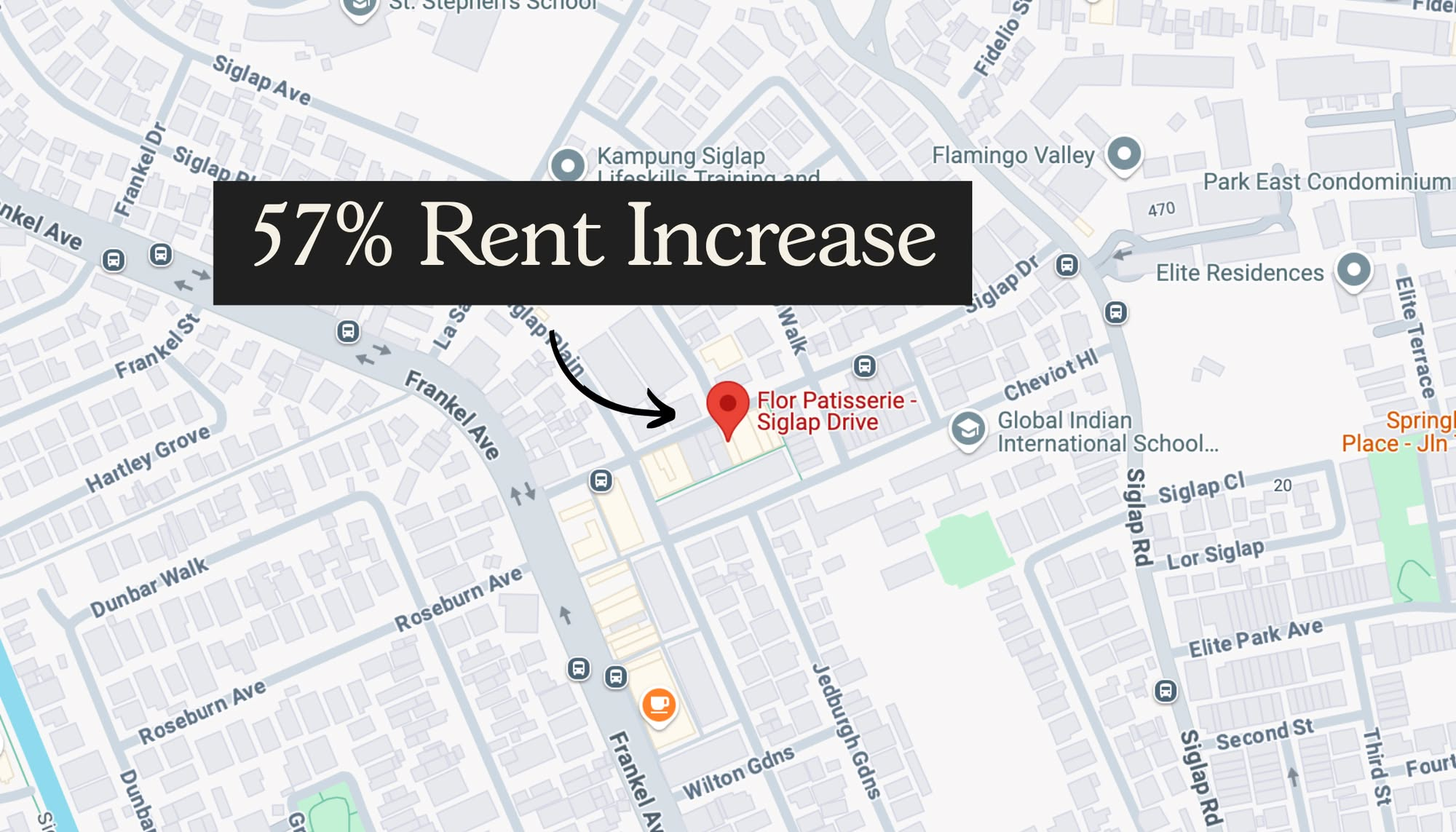
Homeowner Stories How a 57% Rent Spike Drove Flor Patisserie Out — And What It Says About Singapore’s Retail Scene
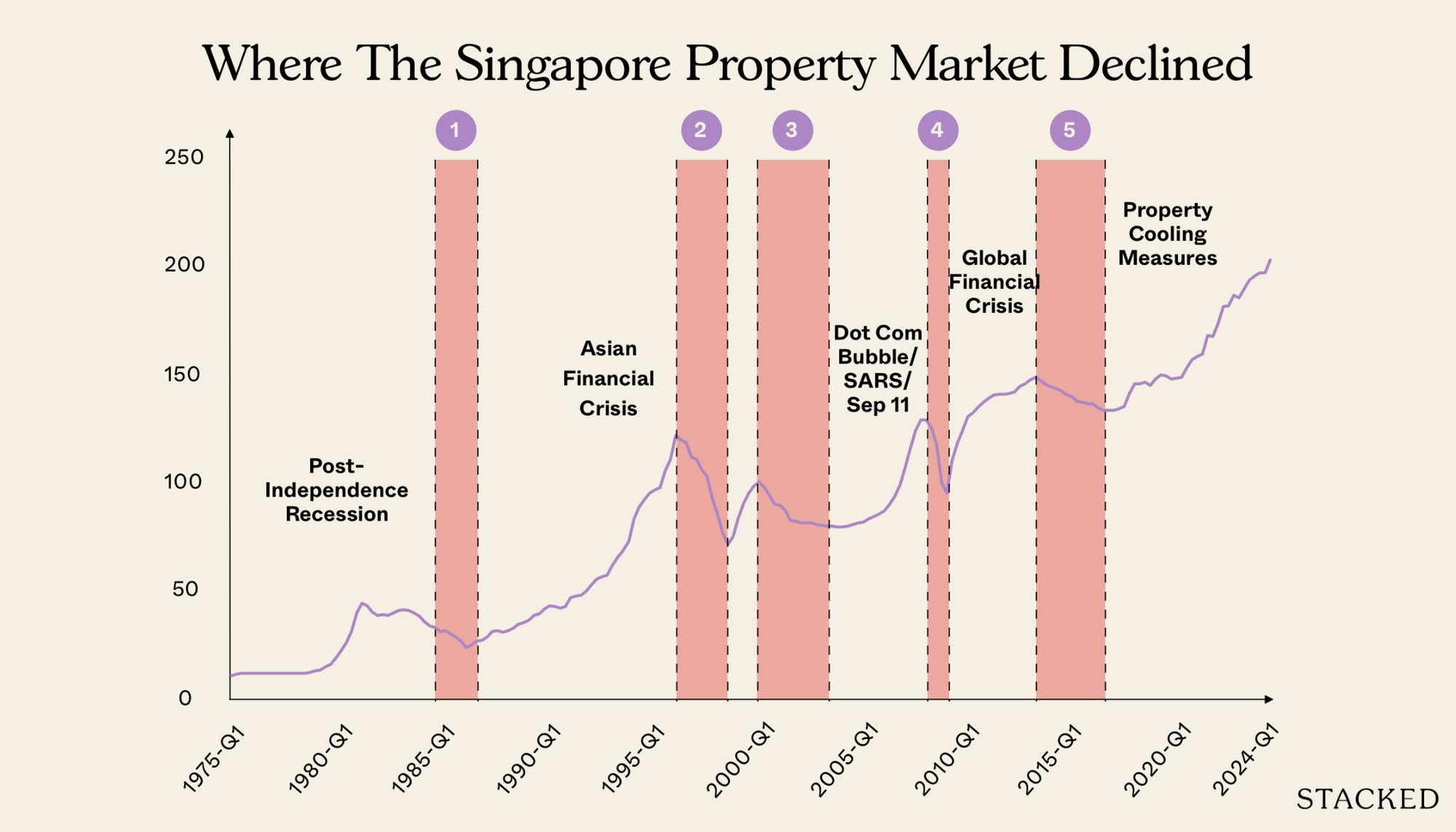
Property Trends Should You Wait For The Property Market To Dip? Here’s What Past Price Crashes In Singapore Show
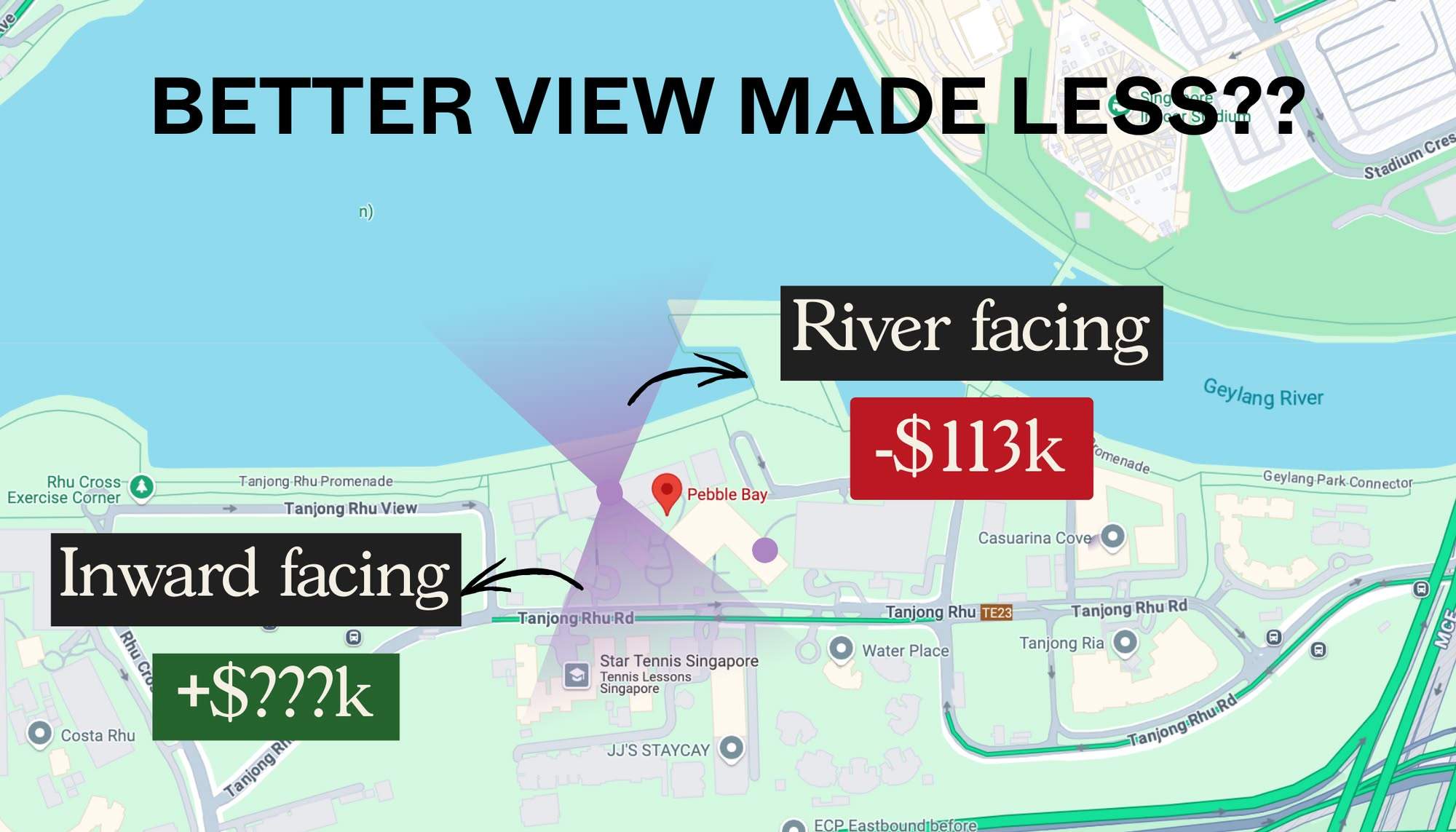
Pro How Different Condo Views Affect Returns In Singapore: A 25-Year Study Of Pebble Bay
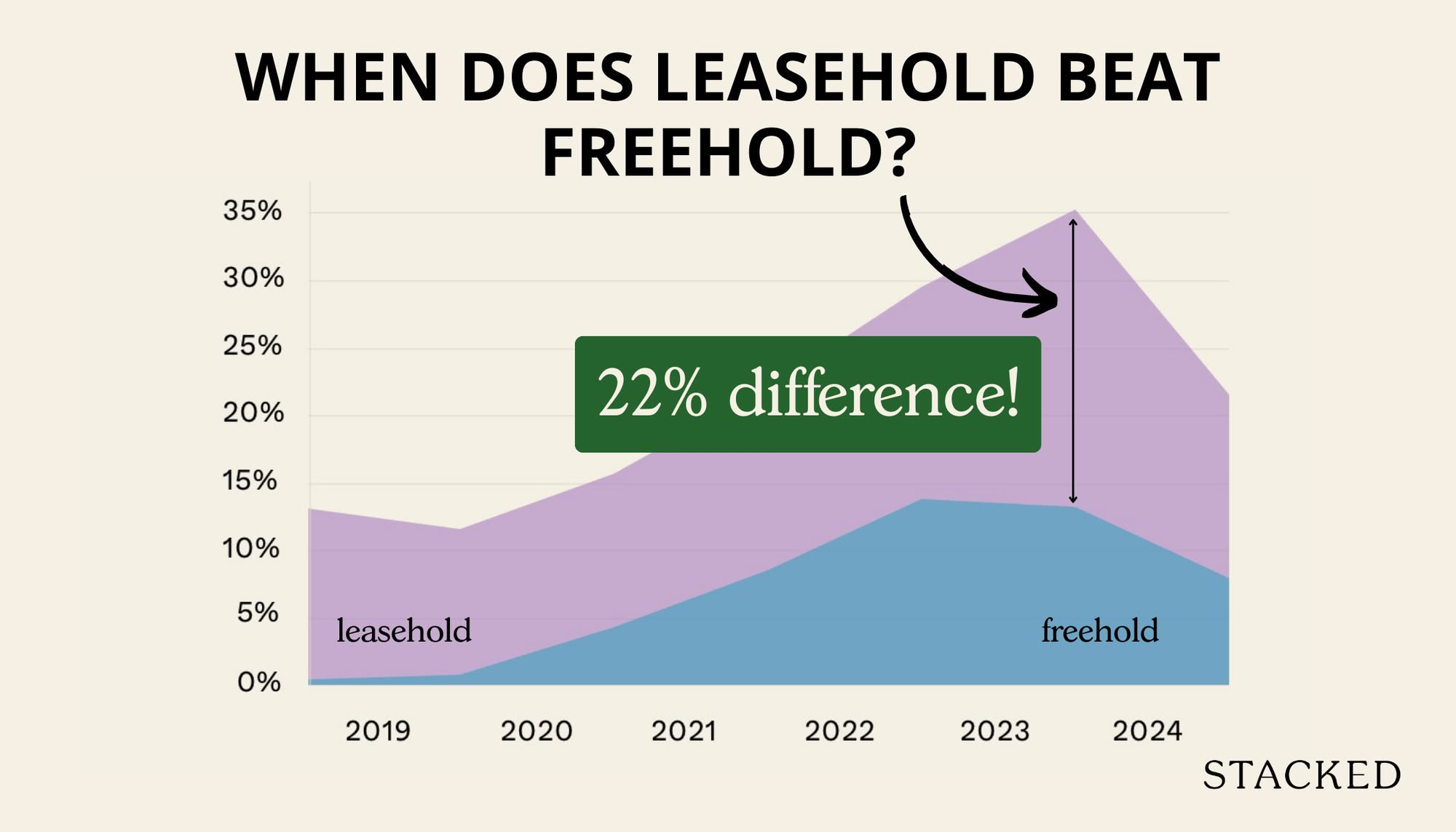
Pro Can Leasehold Condos Deliver Better Returns Than Freehold? A 10-Year Data Study Says Yes

Home Tours Inside A Minimalist’s Tiny Loft With A Stunning City View
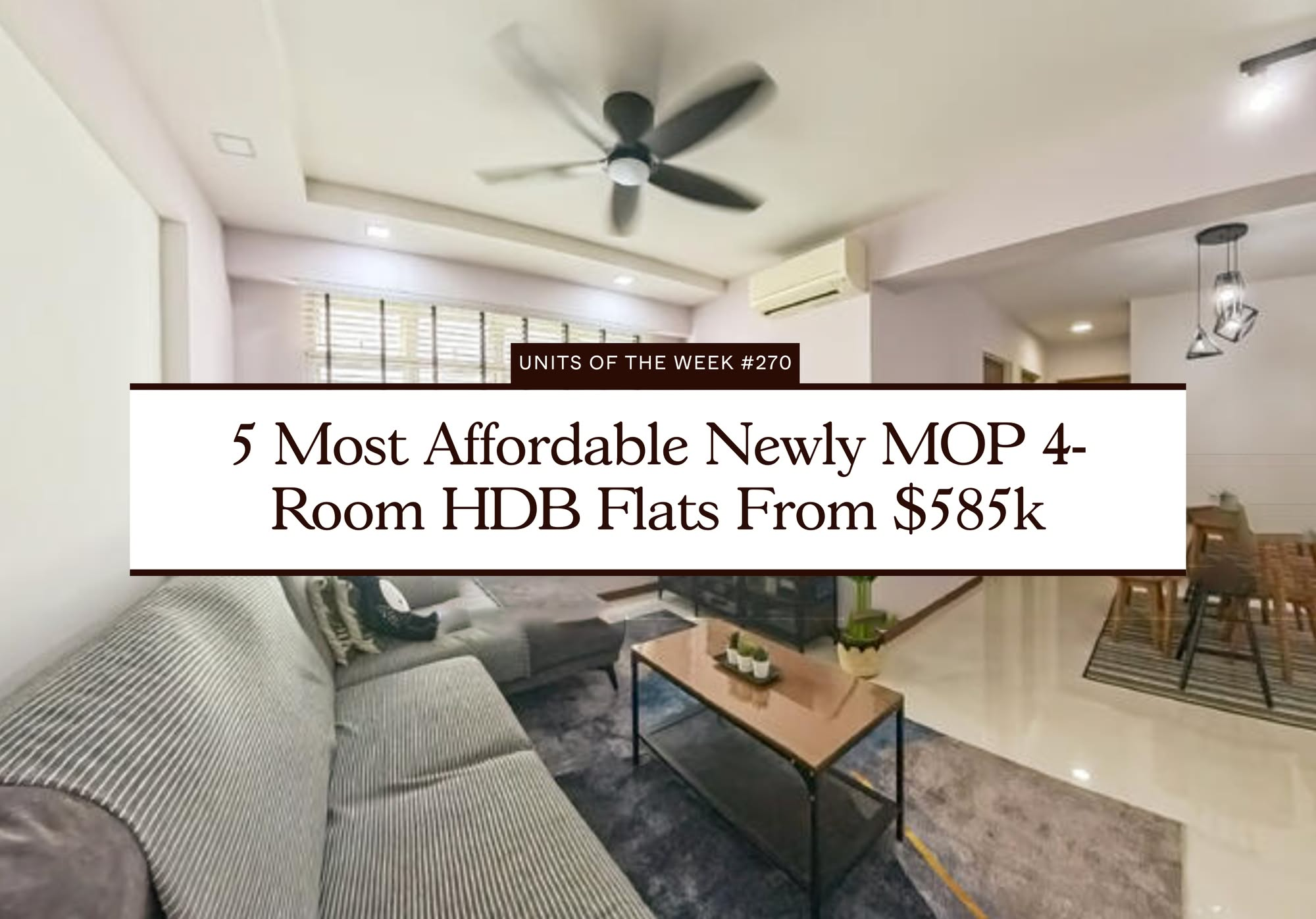
On The Market 5 Most Affordable Newly MOP 4-Room HDB Flats From $585k
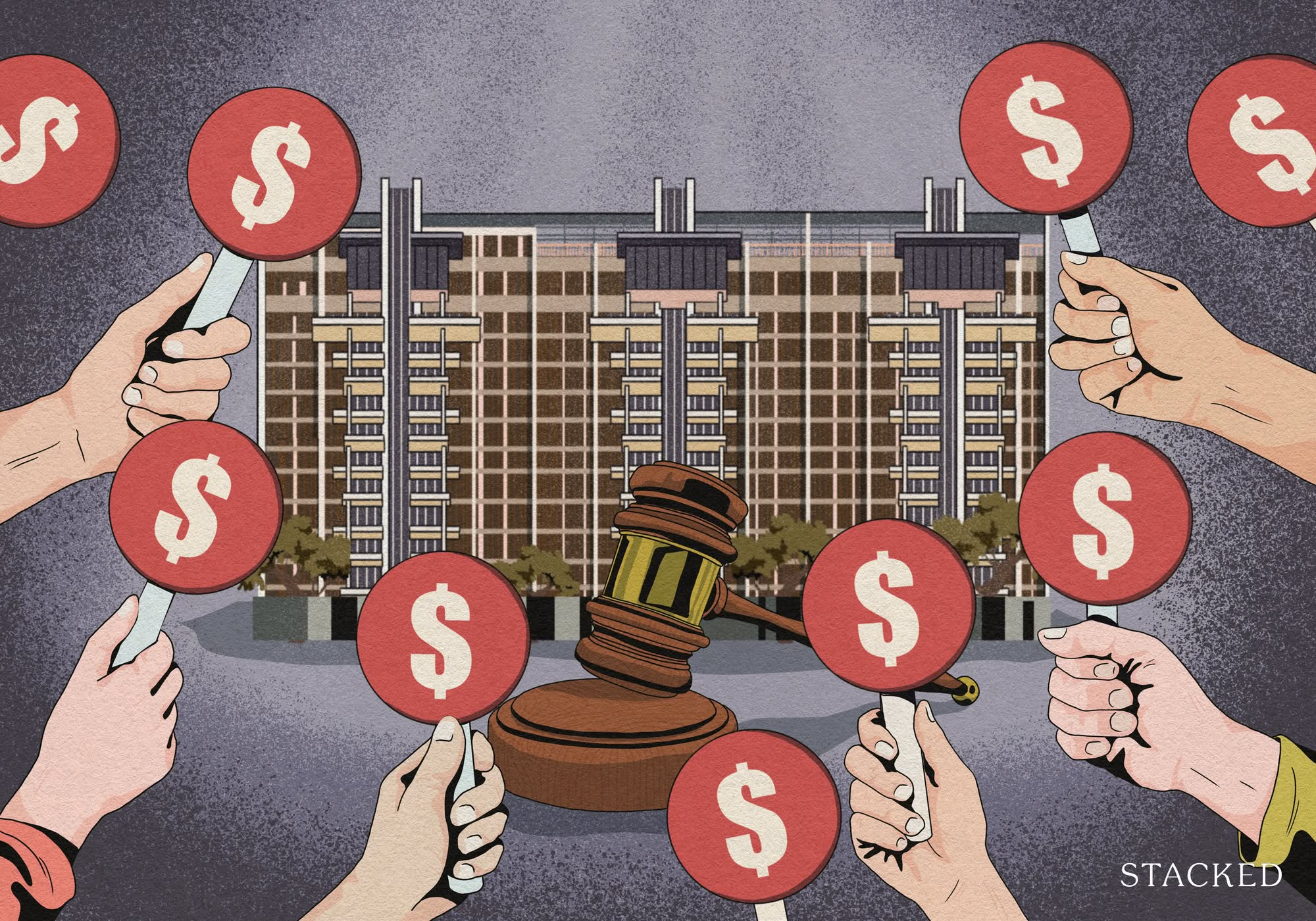
Property Market Commentary Distressed Property Sales Are Up In Singapore In 2025: But Don’t Expect Bargain Prices
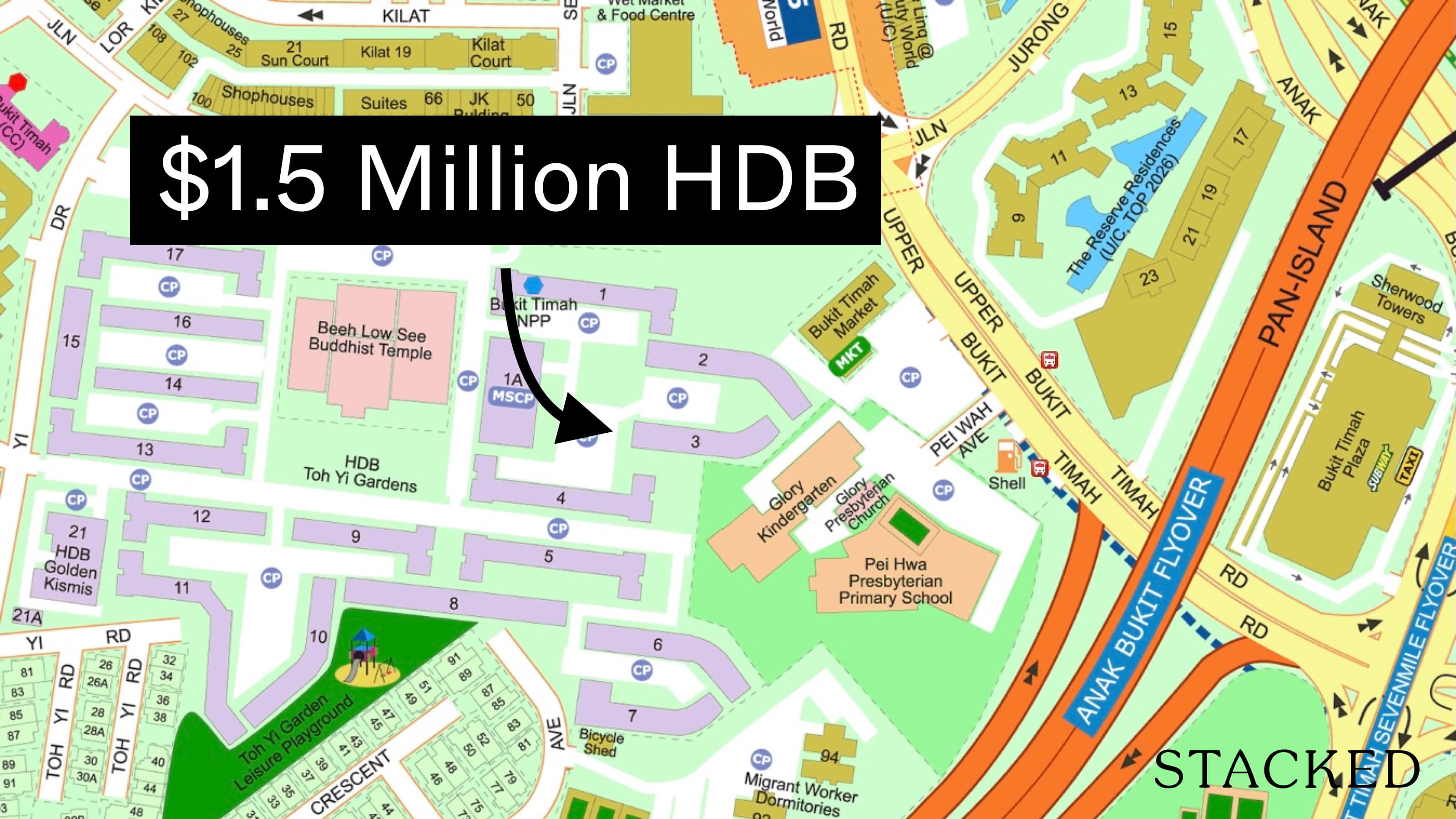
Singapore Property News This $1.5M Bukit Timah Executive HDB Flat With 62-Years Lease Left Just Set A Record: Here’s Why
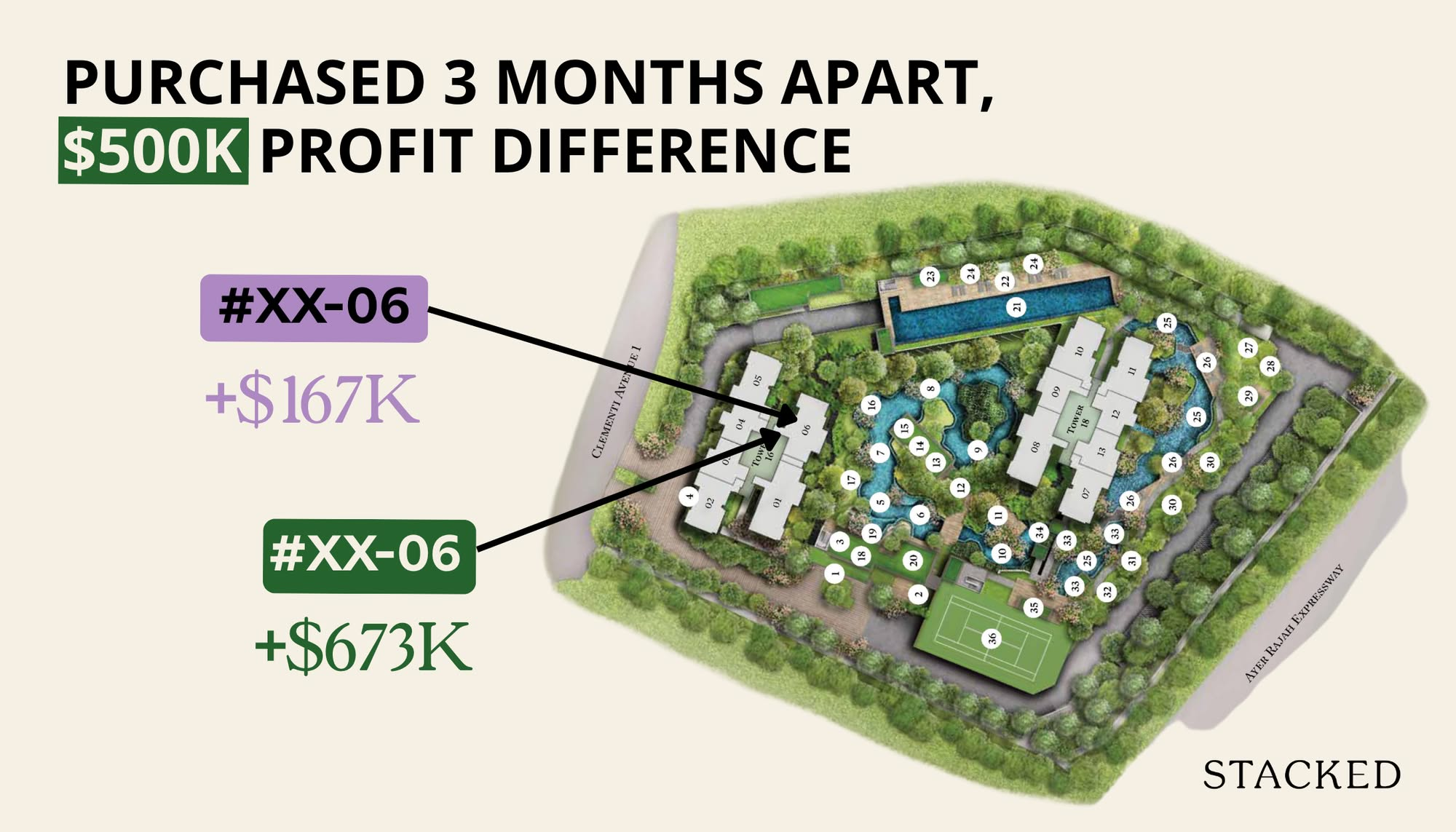
Editor's Pick How A Clement Canopy Condo Buyer Made $700K More Than Their Neighbours: A Data Breakdown On Timing

Editor's Pick Where To Find The Cheapest 2 Bedroom Resale Units In Central Singapore (From $1.2m)

Property Picks 19 Cheaper New Launch Condos Priced At $1.5m Or Less. Here’s Where To Look
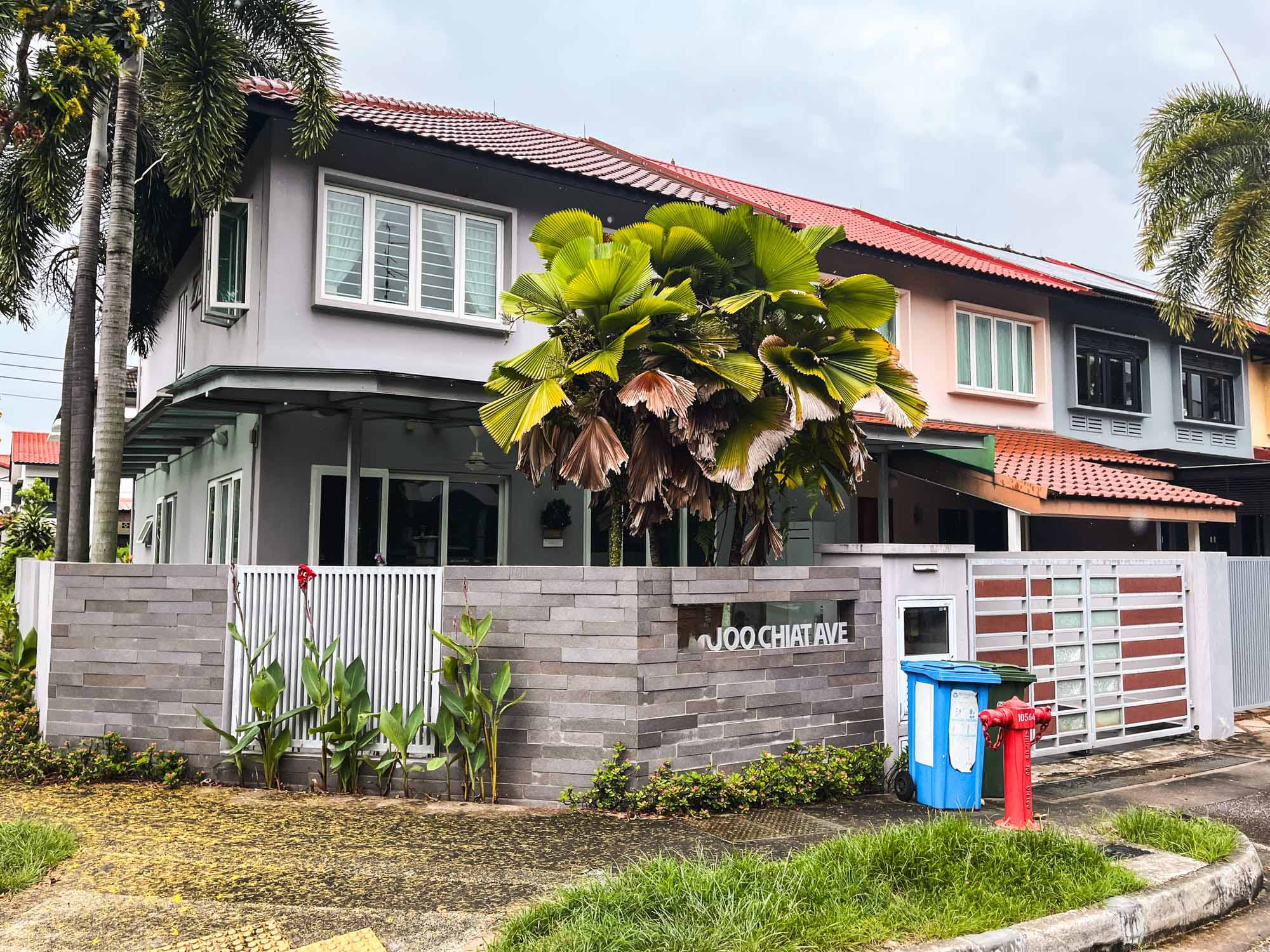
Editor's Pick These $4m Freehold Landed Homes In Joo Chiat Have A 1.4 Plot Ratio: What Buyers Should Know


